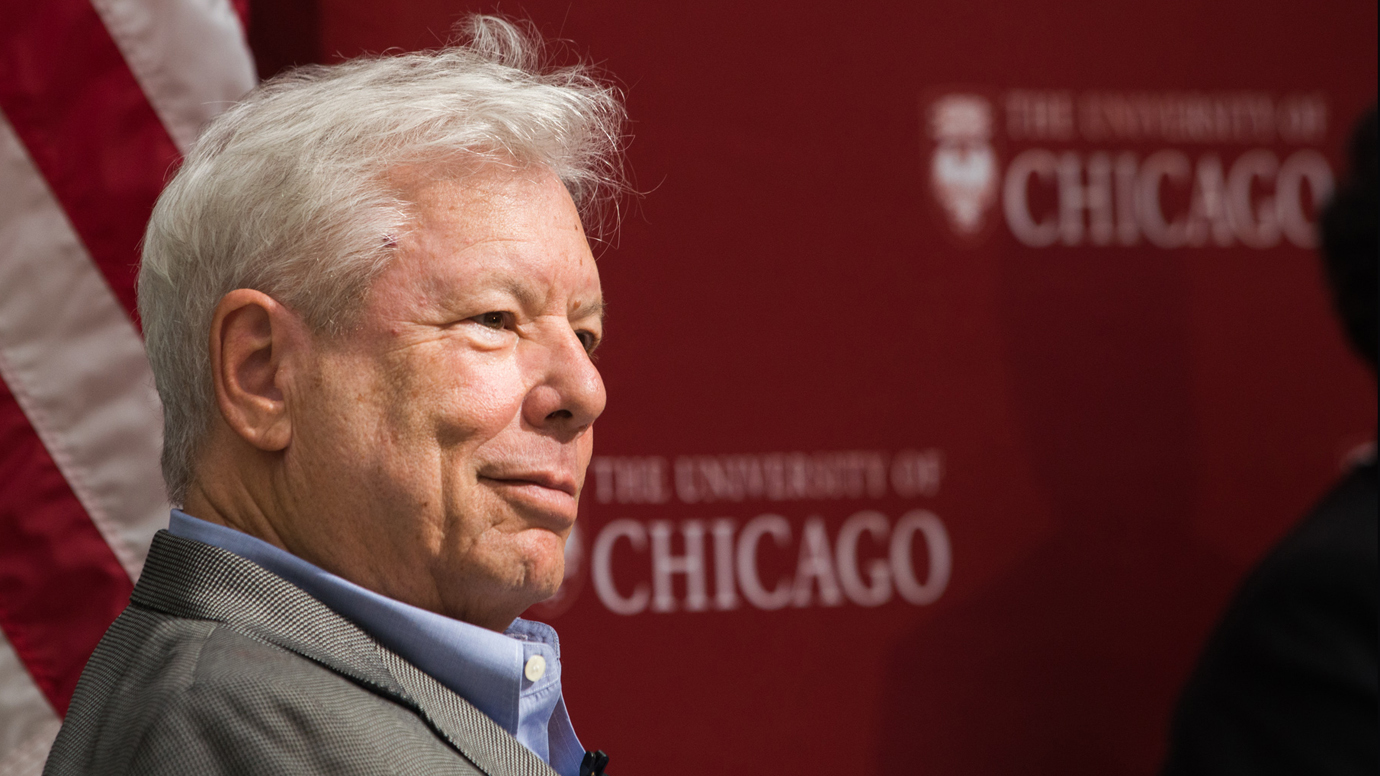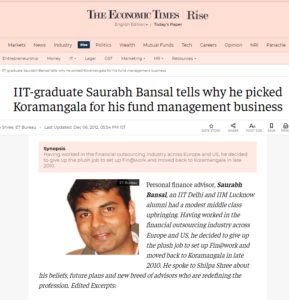All of us like to believe that we are smart, rational creatures, always acting in our best interests. In fact, classical economic theory is built on this underlying belief that human beings are rational agents.
Noble Prize awarded recently, however, dismantled this long standing assumption. Richard Thaler, an American economist at the University of Chicago, got awarded Noble prize for his pioneering work in behavioral economics, which examines humanity’s flaws—namely, why we don’t make rational economic decisions.
You might recollect him making a cameo appearance in the movie (video) alongside Selena Gomez explaining hot hand fallacy in the 2015 Hollywood movie “The Big Short”. A must watch if you wanted to understand what 2008 sub-prime crisis in a fun way (we will also be sharing some articles on the great recession soon).
As humans, we are always torn between making a sensible decision that sets us up well for the future and something the provides more immediate gratification. This is the internal struggle between what Thaler and others describe as your planning self and doing self.
This is where nudges come in. Thaler co-wrote the global bestselling book Nudge: Improving Decisions about Health, Wealth, and Happiness in 2008 with the US professor Cass Sunstein and brought the nudge theory to wider attention. Since then, it has been used in public policy, particularly with the creation of “nudge units” in the US and UK, to boost both retirement savings and organ donation.
Through his studies, he exposed various human biases, for eg
Would you expect the same money for selling something that you own than what you would be willing to pay to buy the same thing?
No, you would ask for more, right? This is called as Endowment affect.
Likewise he brought several biases such as Mental Accounting, Loss Aversion, Anchoring etc to light.
Here is the List of books written by Richard Thaler in case you wish to learn more about his work.
Asked what he planned to do with his 9m krona (£840,000) prize money, Thaler joked that he intended to spend it “as irrationally as possible”, in a nod to his work showing how people’s choices on economic matters are not always rational.




